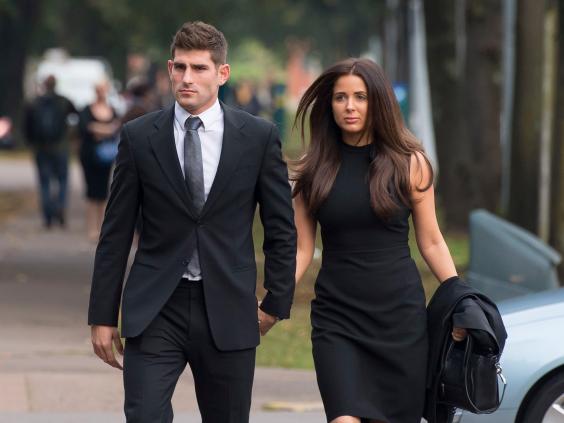 It is clear that there is cause for concern here. The law on this point (and the aim of the law) is pretty clear. According to sections 274 and 275 of the Criminal Procedure (Scotland) Act 1995 it is not permitted to introduce evidence of previous sexual conduct of the complainer with a view to showing that the complainer was more likely to have been consenting to the act complained of or was not of good sexual character. This is subject to an exception where evidence might be led of specific occurrences which might shed light on the character of the complainer or any condition or predisposition that they might have. The application to lead such evidence must be made in writing before the start of the trial, and everything is subject to general requirements to respect the privacy of the complainer and that the probative value of the evidence should outweigh any prejudicial effects.
It is clear that there is cause for concern here. The law on this point (and the aim of the law) is pretty clear. According to sections 274 and 275 of the Criminal Procedure (Scotland) Act 1995 it is not permitted to introduce evidence of previous sexual conduct of the complainer with a view to showing that the complainer was more likely to have been consenting to the act complained of or was not of good sexual character. This is subject to an exception where evidence might be led of specific occurrences which might shed light on the character of the complainer or any condition or predisposition that they might have. The application to lead such evidence must be made in writing before the start of the trial, and everything is subject to general requirements to respect the privacy of the complainer and that the probative value of the evidence should outweigh any prejudicial effects. The clear aim of these types of provisions since they were first introduced into Scots law in 1986 was to protect the complainer in sexual offences trials by limiting the capacity of the defence to question them about their prior sexual conduct where this was not relevant to the proof of the particular charge. However, as my colleague Michele Burman has demonstrated in research on the operation of the law, these provisions have actually had a perverse effect. Lawyers routinely make early applications to lead such evidence in sexual offences trials just in case they might wish to do so; these applications are routinely agreed with prosecution; and they are not being rigorously policed by the court. This tends to suggest that the figures quoted in the Herald are not evidence of a new development in the law, but merely confirms the situation which she showed has existed for some time.
So what is to be done? It is not clear to me that much would be gained by reforming the law. The grounds for excluding such evidence are set out in pretty clear terms already - and there is a reasonably clear understanding and acceptance, at least in general terms, of the aims of the law. There are always going to be some cases where sexual history may be relevant, and fairness to the accused requires that there be a mechanism for allowing this. There does, though, need to be a review of the operation of the law and some serious thought given to how the current situation might be addressed. It is not clear to me that we are dealing with the same situation as, say, 20 or 30 years ago, where there was significantly less understanding or tolerance of sexual freedom. The law has changed to reflect new attitudes towards sexual autonomy. And the way that sexual offences are investigated and prosecuted has been transformed in the wake of campaigning by victims organisations. So the framework within which the law is operating is very different. The question now must be to find out in which types of cases these permissions are sought, and the types of sexual history evidence that are led so as to engage with and challenge the practices that permit the undermining of our law.
No comments:
Post a Comment